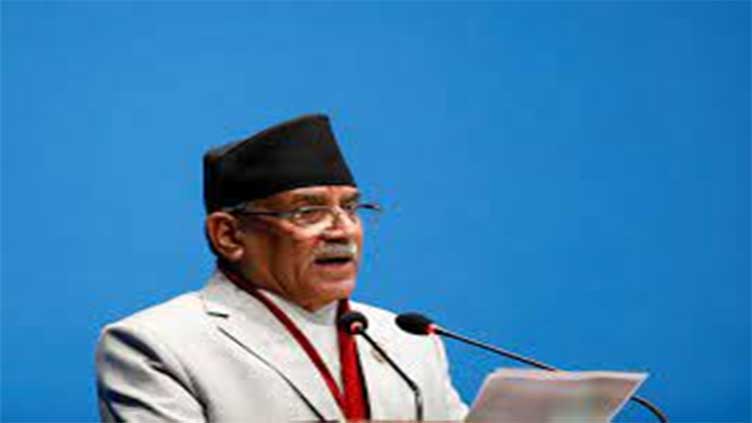Nepali former Maoist rebel confirmed as premier for third time

World
Nepali former Maoist rebel confirmed as premier for third time
KATHMANDU (Reuters) - Former Maoist rebel Pushpa Kamal Dahal was confirmed as Nepal s prime minister for a third time on Tuesday, winning almost unanimous backing from legislators even though November s election returned a hung parliament.
Dahal, who still goes by his nom de guerre Prachanda, meaning "fierce", secured 268 ballots in a vote of confidence in the 275-member parliament.
Nevertheless, his seven-party coalition may find it hard to govern as many of the allies have conflicting interests on looming issues including problems of secularism, the shape of the federal government and the distribution of citizenship ID cards.
The new administration also faces mounting economic challenges including high inflation; a decline in foreign exchange reserves as the price of food and energy imports soars; and a low tax base that limits state spending on critical infrastructure.
Nepal has had 11 governments since 2008, when its 239-year-old monarchy was abolished, and the instability has undermined business and investment.
Dahal, 68, heads the Maoist Centre, which emerged as the third biggest party with 32 seats. It will govern with the support of other parties including, principally, the Communist Unified Marxist-Leninist (UML) party with its 79 seats.
Dahal had quit a pre-poll alliance with the Nepali Congress, which won the election with 89 seats, after it refused to nominate him for prime minister. The coalition agreement provides for the UML to take the premier s role after half of the scheduled five-year term.
In a speech to lawmakers, he noted that "there is dissatisfaction among people with our work".
"I stand here to reverse this," he said, promising to work for stability and economic progress, as well as a "pro-Nepal" foreign policy of "balanced, trustworthy and friendly" relations with all countries including giant neighbours China and India.
Dahal led Maoist rebels during a decade-long conflict between 1996 and 2006 that caused 17,000 deaths.

